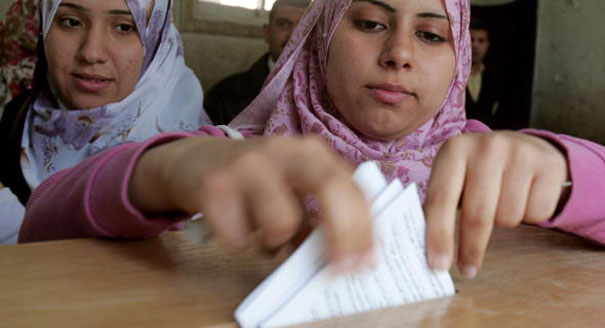The Obama administration faces pressure to pull back U.S. democracy promotion efforts, given the Bush administration’s legacy and increasing talk of a global “democratic recession.” The United States can and should remain an active supporter of democracy abroad. By building a new approach to democracy promotion around the new president’s cardinal values—non-confrontational, measured, cooperative, and empowering—the United States can regain its place as a respected, trusted, and influential ally of democracy around the world.
Thomas Carothers offers a wide-ranging assessment of the state of democracy in the world, finding that despite set backs in the troubled regions of the Middle East and former Soviet Union, democracy has not experienced a global retreat this decade. Good news on democratization, though often less visible, has occurred in roughly equal proportion to bad news, and considerable continuity exists in many places. By taking on this more balanced perspective, the Obama administration can ensure that unnecessary pessimism does not hinder important U.S. support for democracy.
Understanding Democracy Development in Key Regions
- Former Soviet Union
Most of the former Soviet Union is either as undemocratic as it was at the start of the decade or even more so.
- Asia
There are many troubled democratic governments and outright nondemocratic governments on the continent, but on the whole it is not substantially less democratic today than it was ten years ago.
- Middle East
Most of the countries in the region have not moved backward, instead they have experienced stasis leavened by a certain amount of liberalizing political reforms.
- Africa
The democratic wave that hit Africa in the early 1990s left it roughly equally divided between countries that had made real democratic gains and those that had not; a situation that remains largely the same today.
- Latin America
Democracy has persisted despite all its flaws, a persistence that contrasts the earlier pattern of democratic reversals following expansion.
- Central and Southeastern Europe
Despite the rise of populist movements that support intolerance and anti-elitist demagoguery, there is not a fundamental cirsis of democracy in the region.





.jpg)

